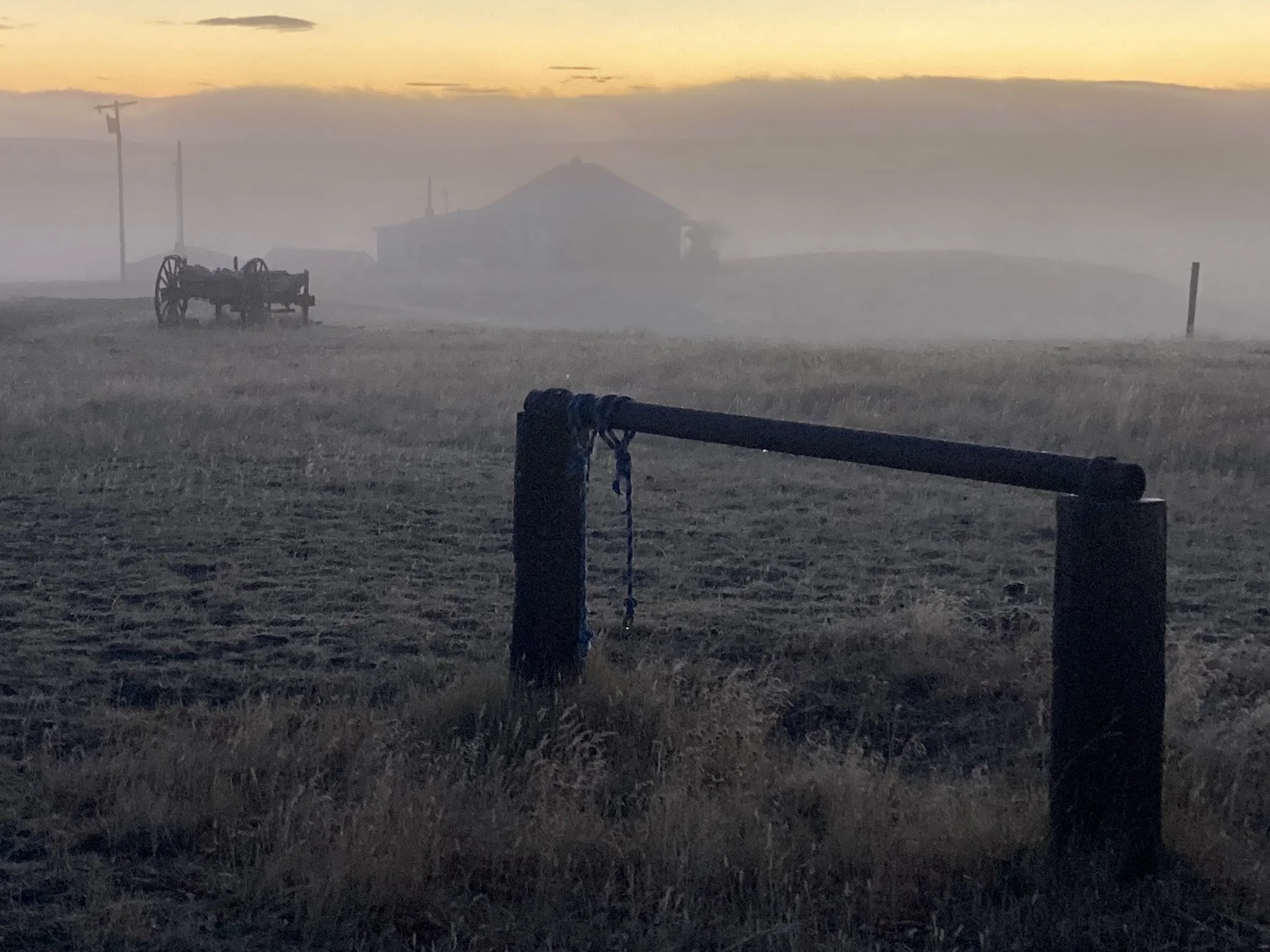Transitions
I left Bozeman in the spitting snow, headed back to the ranch after three days of Board of Public Education meetings.
As I drove, I thought about how to entice school administrators to embrace proven modern teaching ideas and how to pay teachers a living wage.
As I dropped into the Helena Valley, freezing rain suddenly blanketed my windshield. A minivan beside me slid sideways.
I pivoted from thinking about educational strategies to surviving on slick roads.
I pulled into Walmart, threw 150 pounds of dog food into my pickup and slipped it into 4-wheel drive.
It would be a slow, icy, 250-mile trip to Conrad.
Before I left for Bozeman, the warm temperatures had me worried about the potential for yet another drought.
I’m still recovering from 2022, the Year of No Grass, bookmarked by a bad-grass year on each side, when I had to sell two-thirds of my cows and sheep.
That year ranks in the Top 20 of the worst events of my life, possibly the Top 10.
I’m still worried about a dry winter, but the fast transition to snowy, single-digit temperatures while I was gone to Bozeman was hard on the people who covered for me.
My cobbled-together crew has my best interests at heart.
They check the water troughs at the corral, bring my sheep in at night for protection from coyotes and grizzlies, feed the dogs and chickens and pet the barn cats that live on my porch.
My softy substitutes might make those darn cats too comfortable.
Those cats need to uncomfortably hunt mice at the barn.
They wouldn’t be on the porch in the first place if I hadn’t heard their plaintive mews during a stormy evening a couple of years ago.
Three tiny babies barely had their eyes open.
Their mama was gone. I suspected a roving tom cat had killed her.
Somehow, my daughter, Abby managed to feed and love those kittens into adulthood.
On my porch.
But the cats were far from my mind as I inched my way back to the ranch.
My 83-year-old mother reported that the corral trough was frozen. I had checked the trough heater before I left, but it flipped a breaker.
Mom carried buckets of water to the trough for the milk cow.
An 83-year-old should not be carrying buckets of water.
I asked her to open the gate so the cow could get to a functioning trough.
Worse, though, was that the snowstorm had blocked my solar-powered pump from watering my cows. My partner, Erik discovered the empty trough when he checked the cows. He was worried, to say the least.
I had repaired my water hauling tank that had been damaged in a recent windstorm but had yet to tie it onto my flatbed.
That would be my first job at daylight.
I hauled water for most of the next day.
The thirsty cows sucked up the first load and ignored me after that, much to my relief.
Once the cattle and sheep were fed and watered, I turned my attention to my worms.
After all, worms need to eat, too.
As I spread food for my worms, I thought about how transitions force us to adapt, to overcome uncertainty.
Transitioning from a warm fall to a snowy, icy winter is easier than transitioning from relying on friends and family who love me to finding a capable, dependable caretaker who wants the job.
I’m sure the right person is out there somewhere; I’m not worried about that.
I’m worried about whether I can teach her all I need her to know.
I just have to take the next step.
Just like all the steps I’ve taken before.
